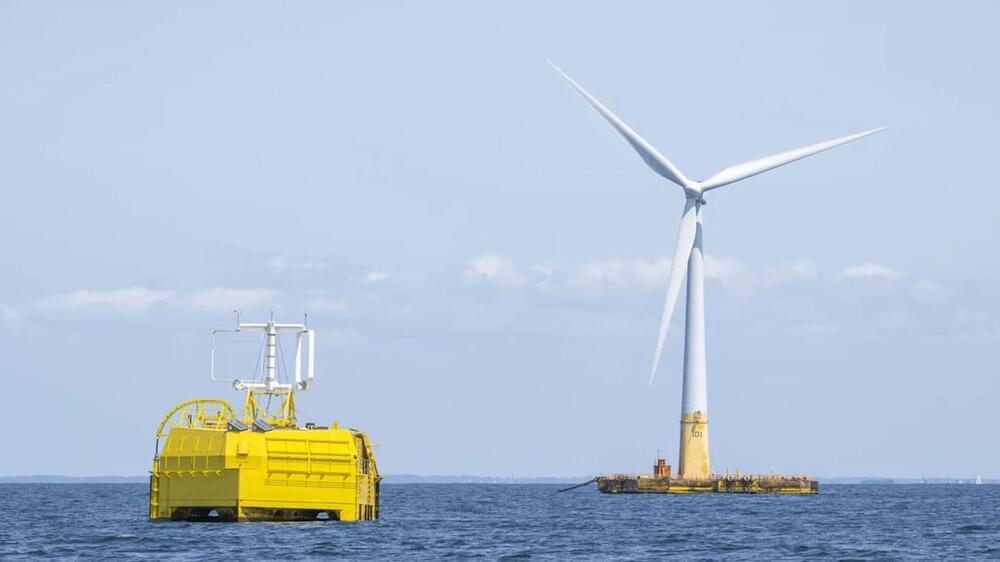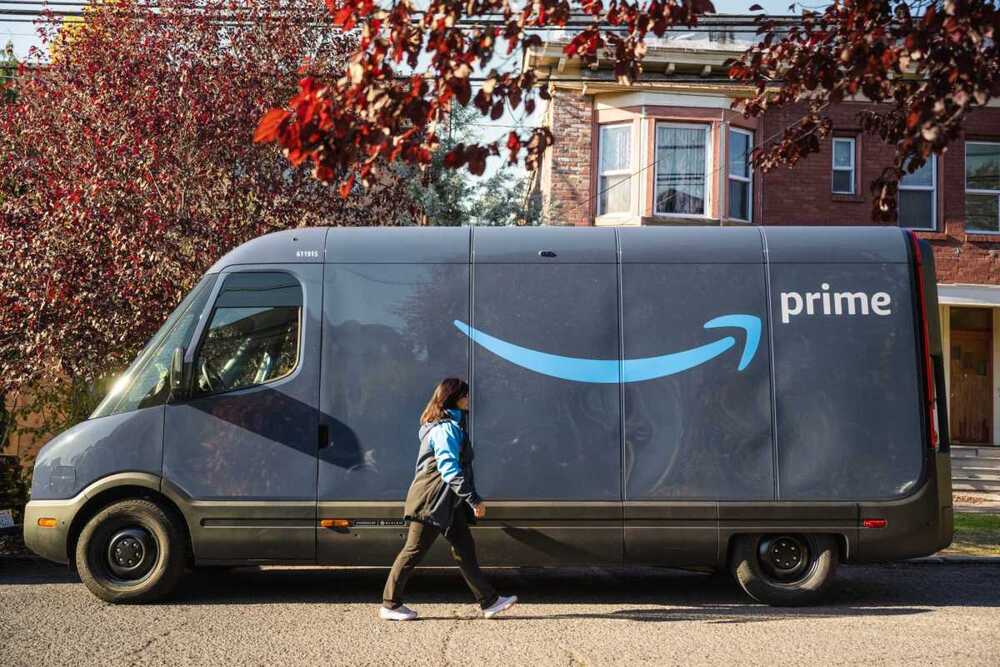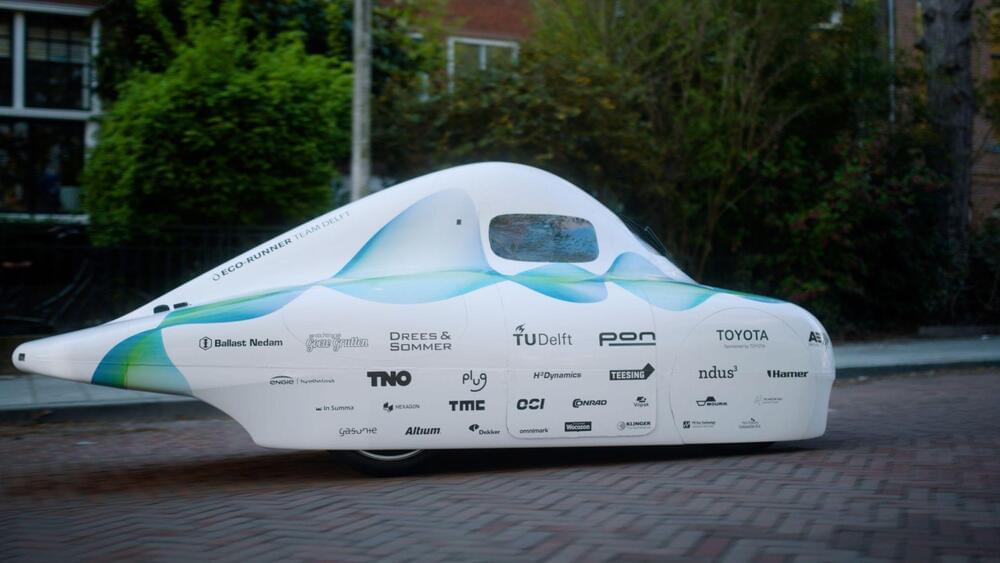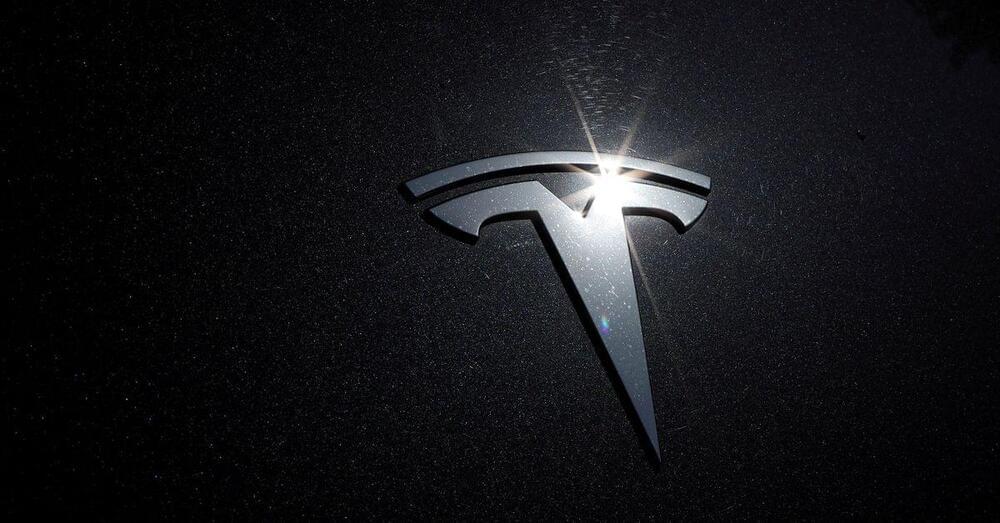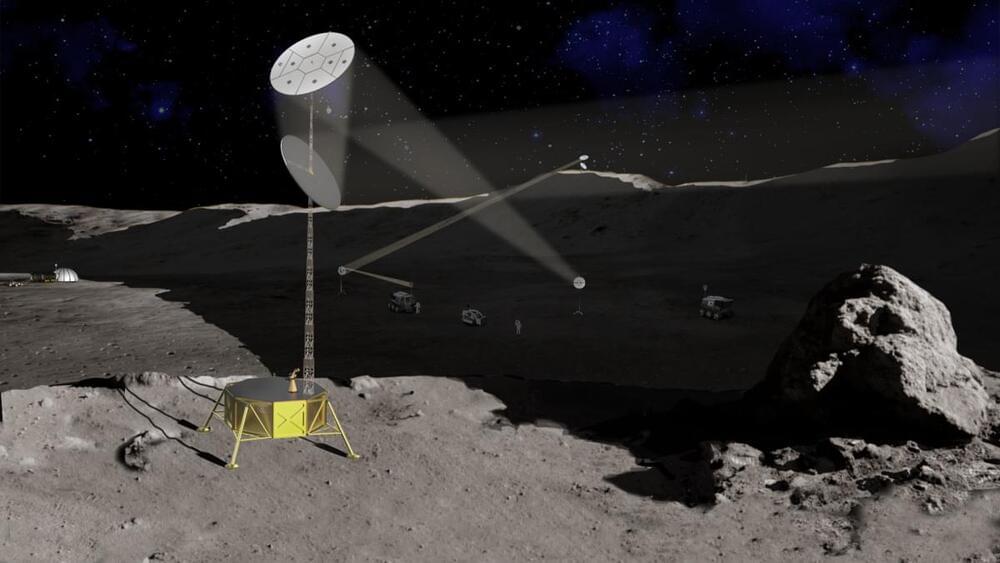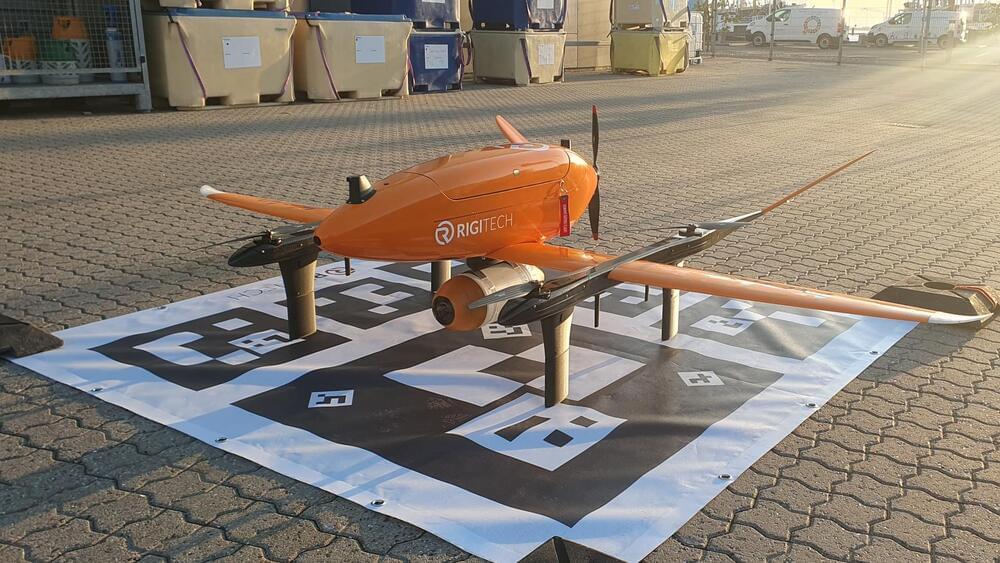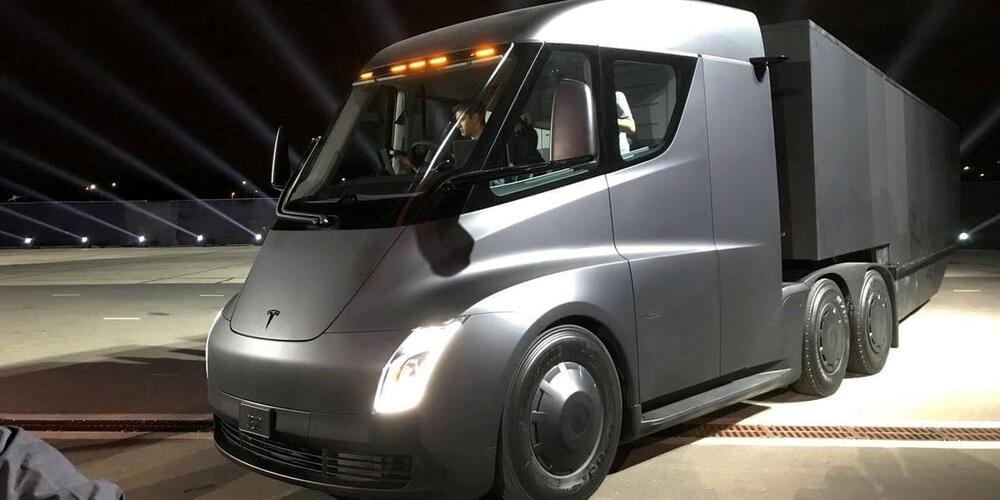Tesla delivered upwards of 466,000 vehicles in the second quarter — 20,000 more than Wall Street’s consensus forecast of about 446,000, it revealed on Sunday. Jim Chanos waved away the strong showing on Twitter, saying it was fueled by price cuts and firmly priced into Tesla’s current valuation.
“Again, ‘blown away’ is a 4% beat on deliveries with huge price cuts? The $800B valuation might just be discounting that…$TSLA,” he tweeted about Elon Musk’s electric-vehicle company.
“Is ‘massive’ 4% for a stock at 10x revenues…? Shouldn’t a company trading at that valuation always exceed expectations? $TSLA,” the short seller wrote in a second tweet.

